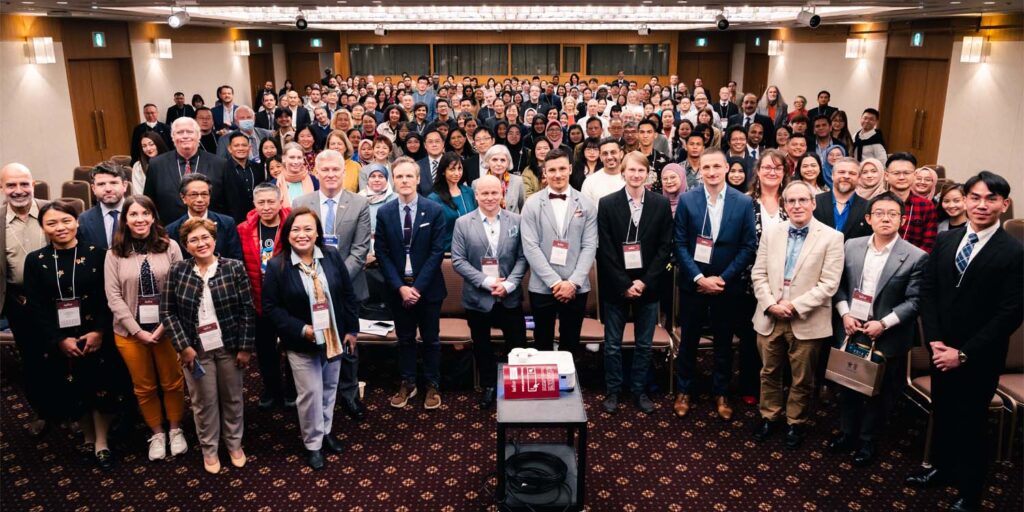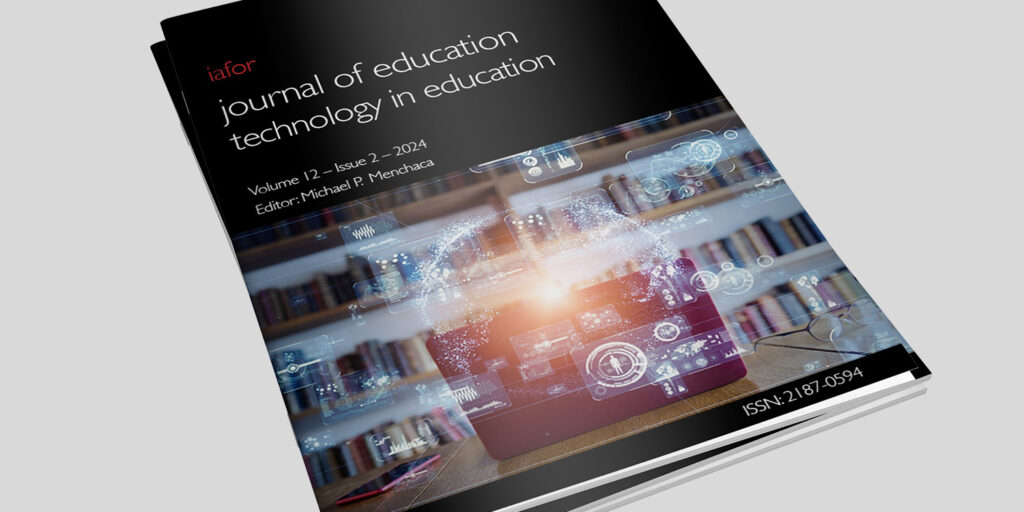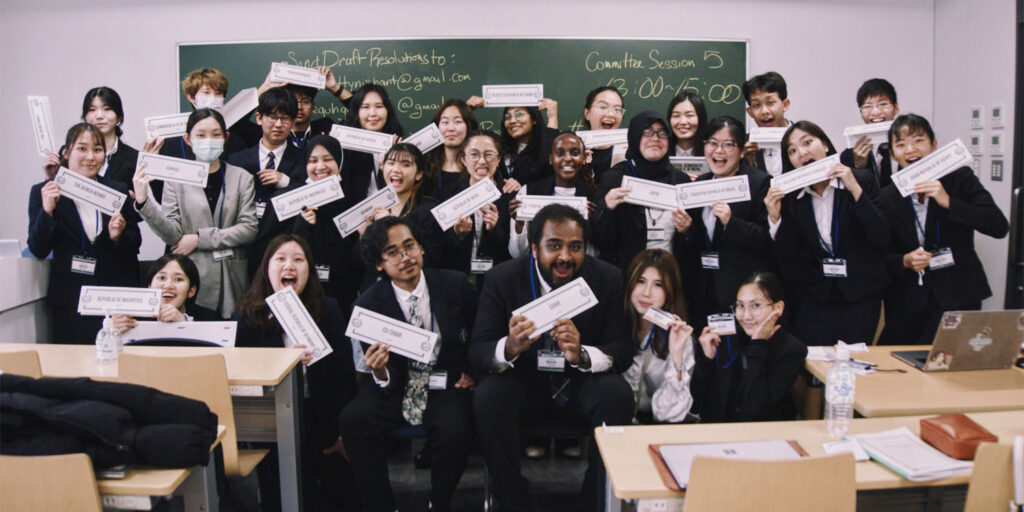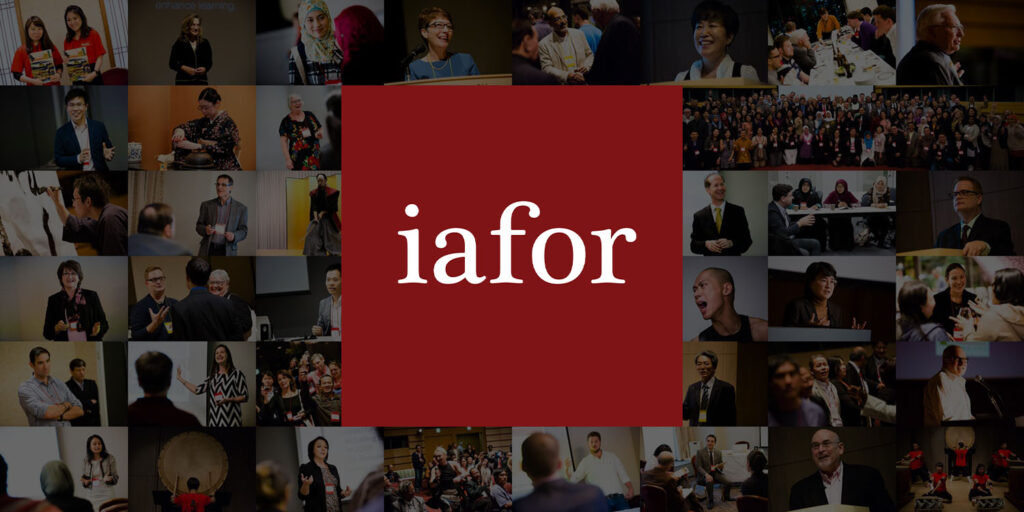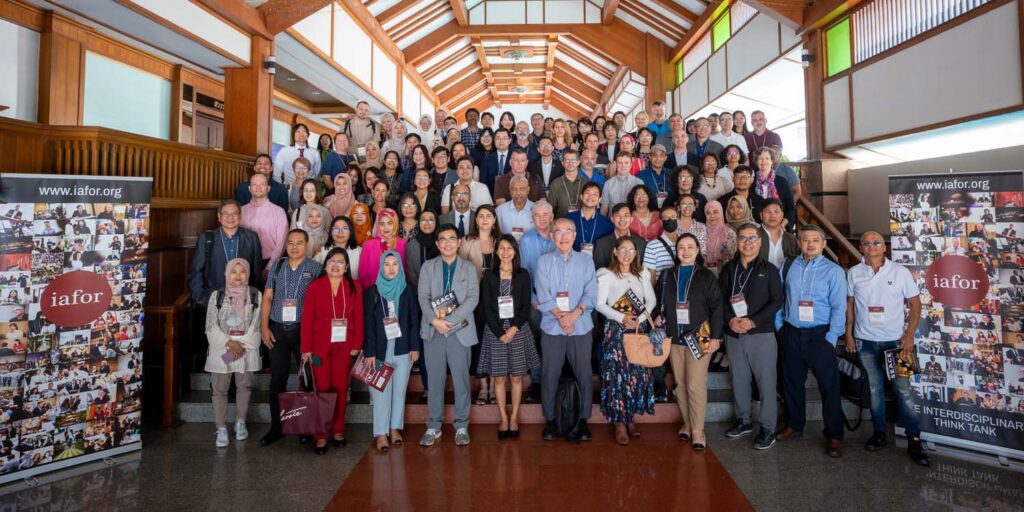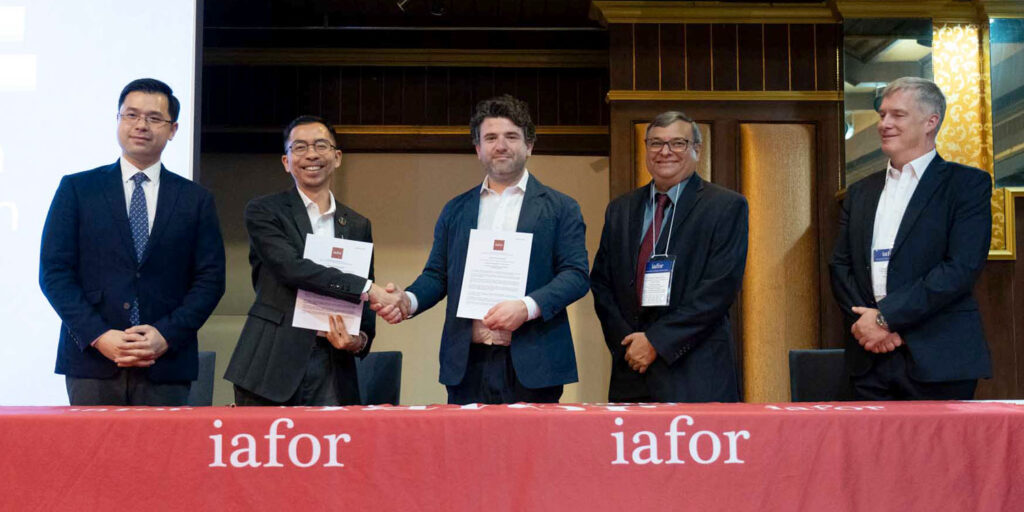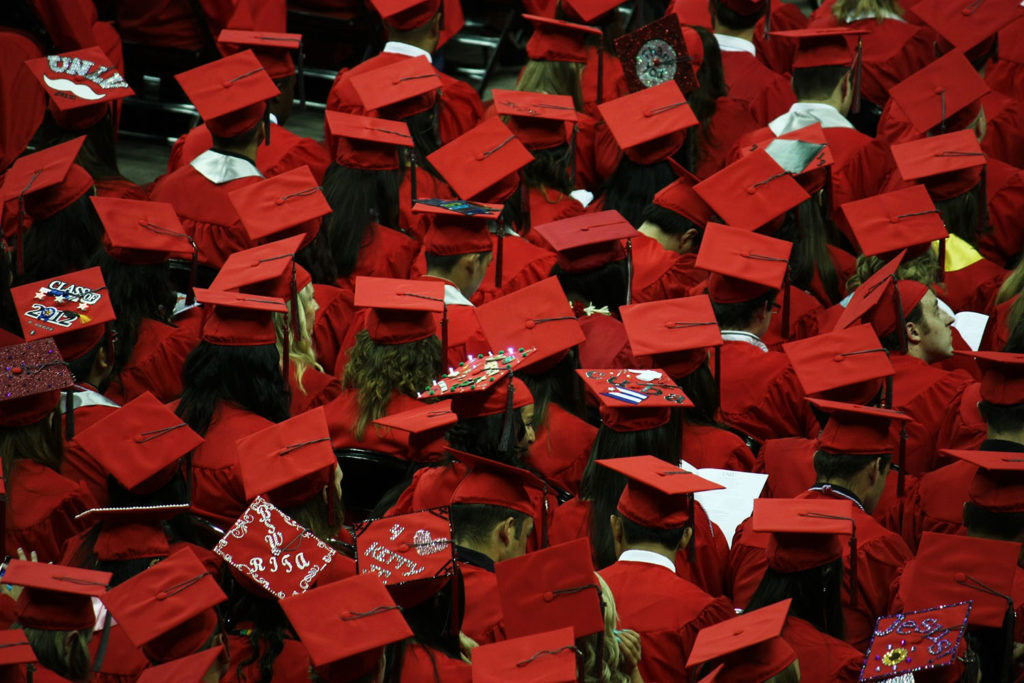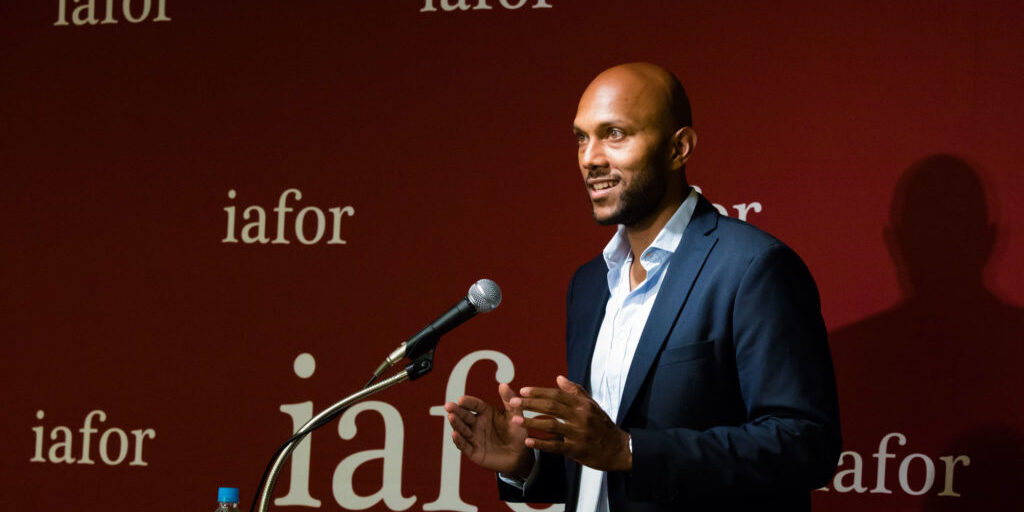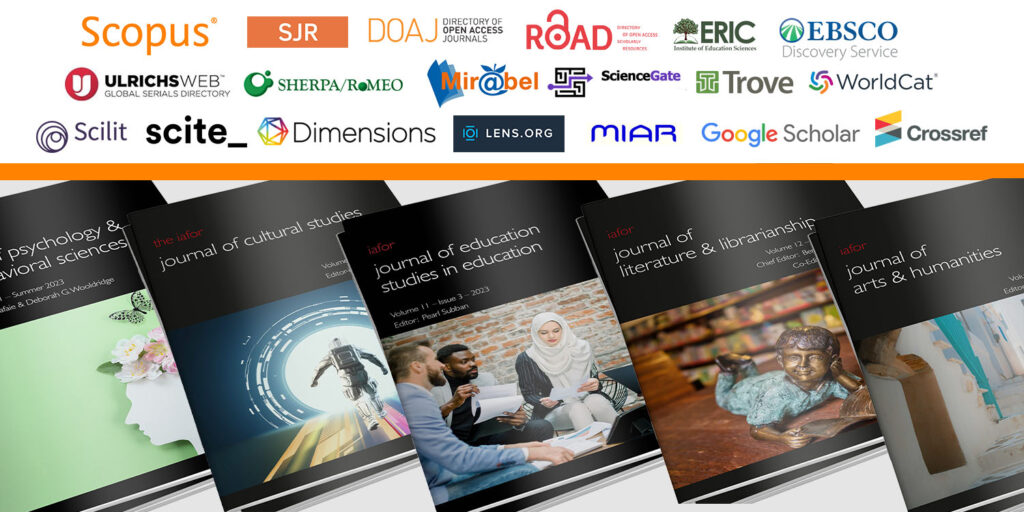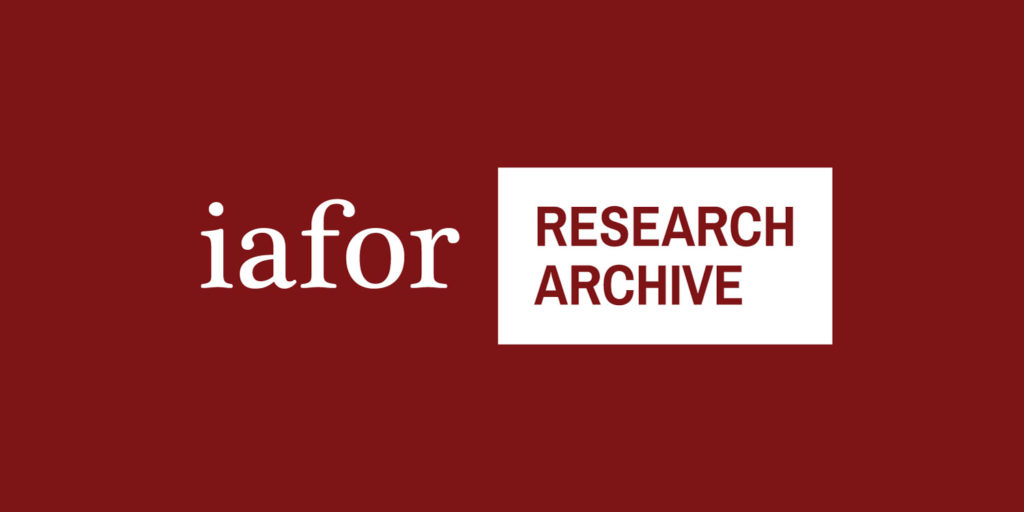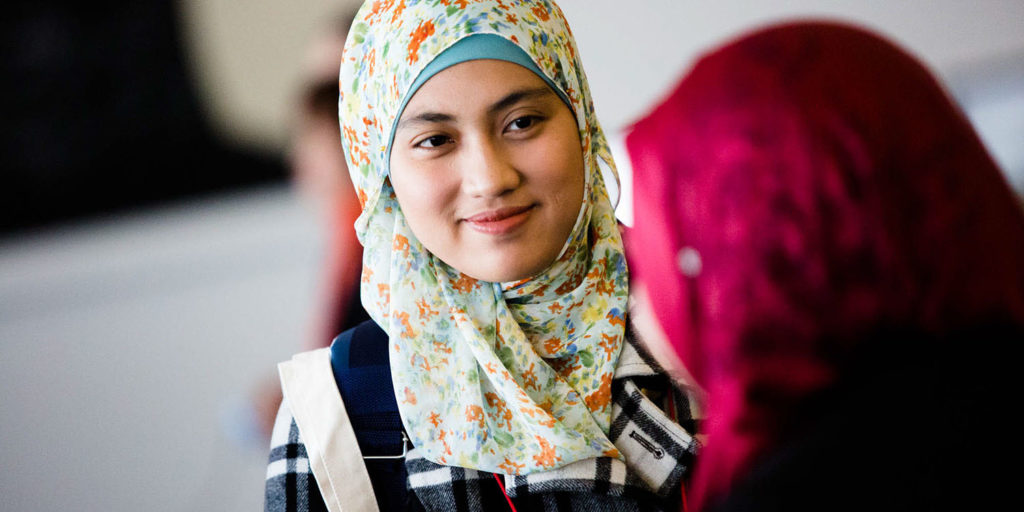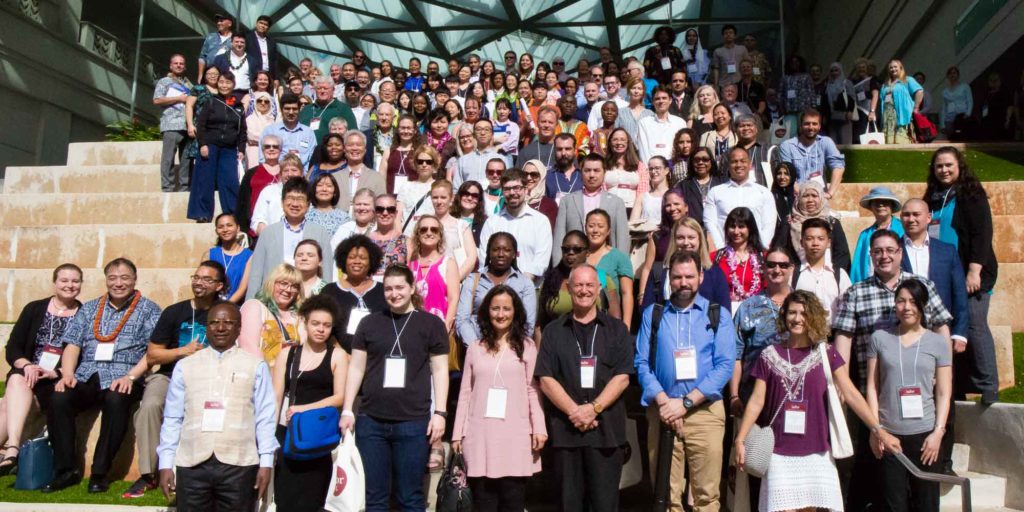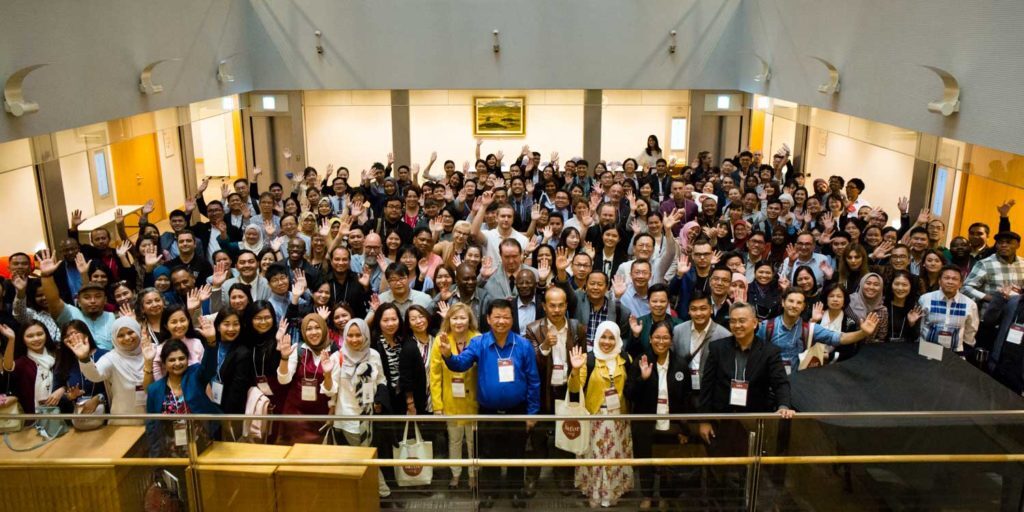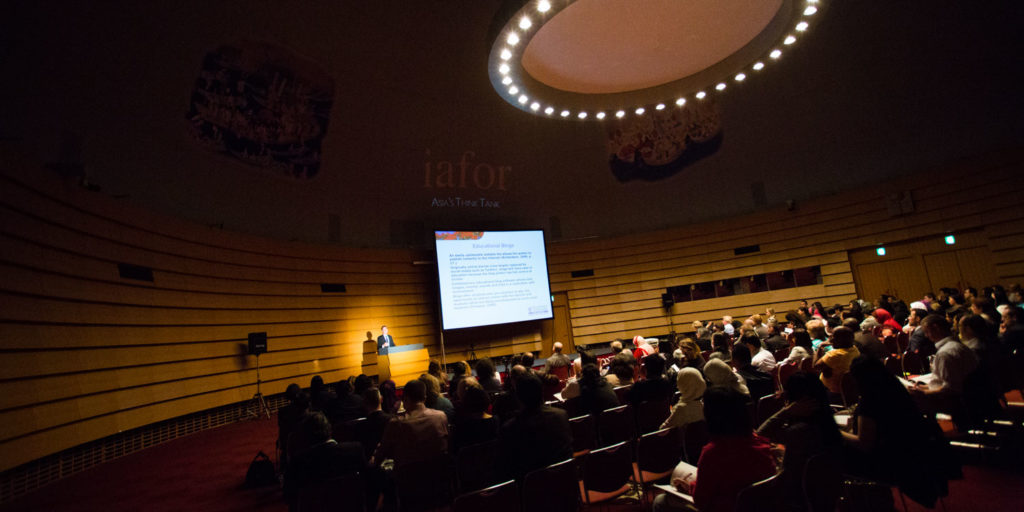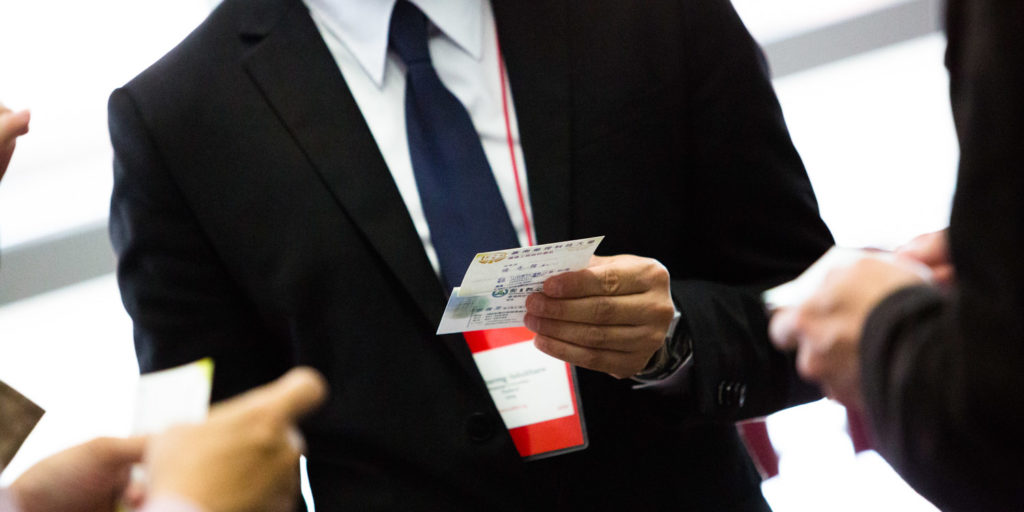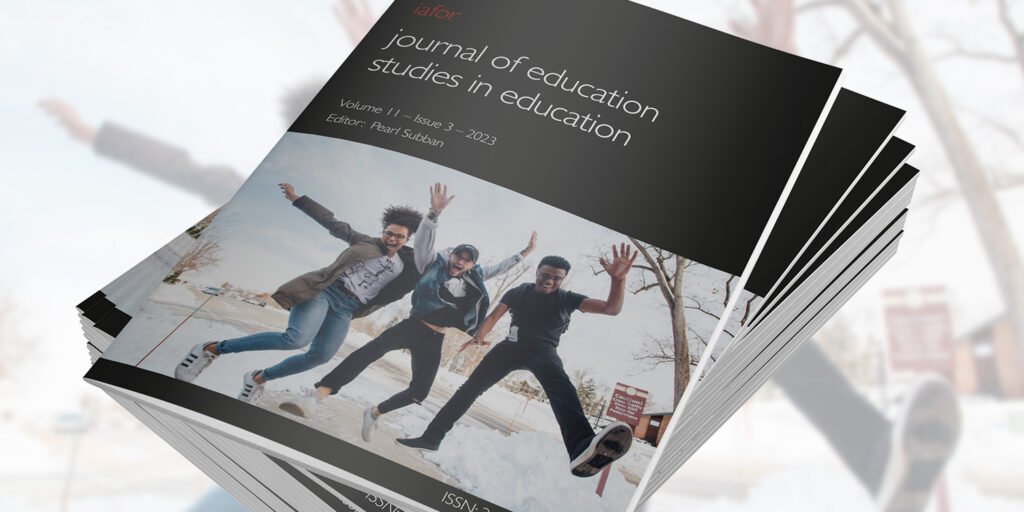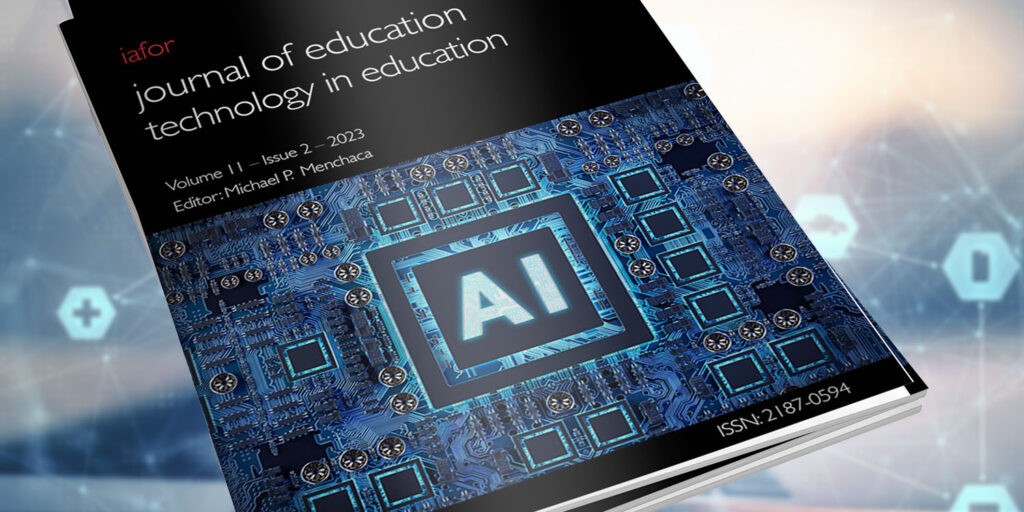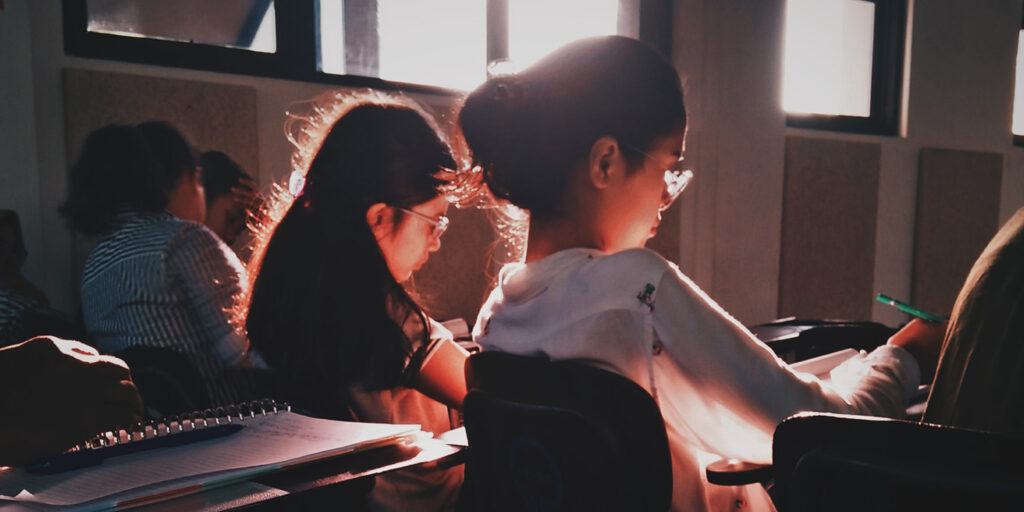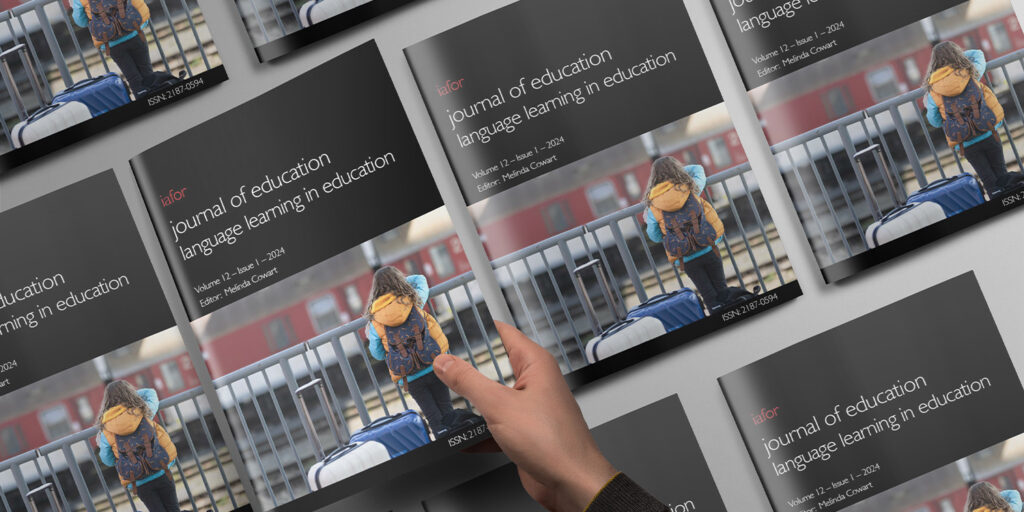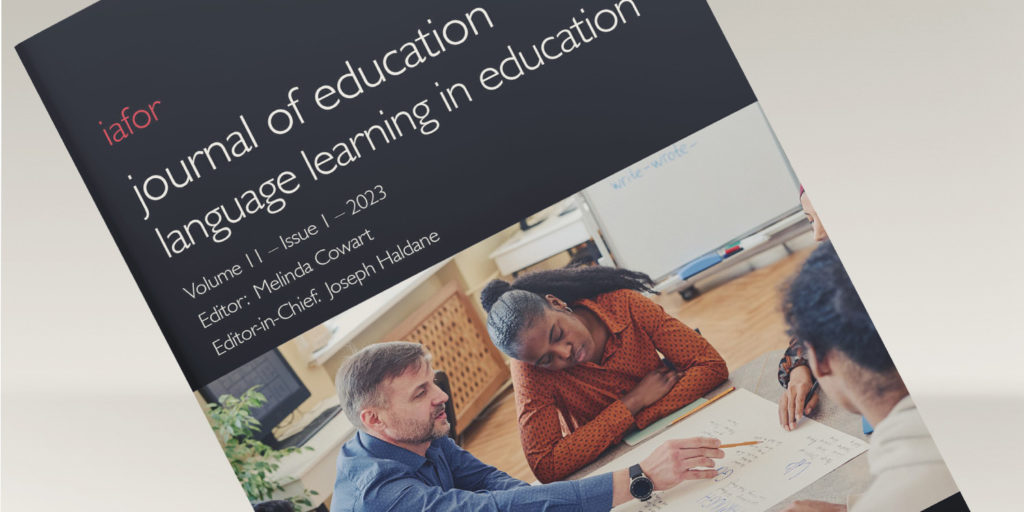Inspiring
Global Collaborations
Featured Events
The 10th IAFOR International Conference on Education in Hawaii
January 3-7, 2025 | Hawaii, United States
Find out more ...The 5th IAFOR International Conference on Arts & Humanities in Hawaii
January 3-7, 2025 | Hawaii, United States
Find out more ...The 5th Southeast Asian Conference on Education
February 21-25, 2025 | Kuala Lumpur, Malaysia
Find out more ...Our Work
Every year IAFOR welcomes thousands of academics and professionals from around the world to its interdisciplinary conferences, held globally and online.
IAFOR's online, Open Access journals conform to the highest academic standards of international peer review
The IAFOR Research Centre is a think tank at the Osaka School of International Public Policy (OSIPP), Osaka University
Visit the IAFOR Research Archive to search and access the repository of research generated by IAFOR
IAFOR offers grants and scholarships to PhD students and early career academics to attend our conferences
Become a stakeholder in our mission of facilitating international exchange, intercultural awareness and interdisciplinary discussion
Work With Us
Our Services
Together we work with our partners to plan and implement world-class and impactful events with excellence, care and integrity. From the initial spark, through to the conceptualising and shaping of an idea, IAFOR is with you every step of the way.
IAFOR specialises in academic project management, including conferences and seminars, research projects, training and capacity building, and multimedia publishing. We are an accredited procurer for the Japanese government, ISO auditing standards of excellence.
Through its unique network of institutions and individuals, and the IAFOR Research Centre think tank at the Osaka School of International Public Policy at Osaka University, IAFOR coordinates and undertakes original research, including the production of incisive commentaries and analyses. Our strength is in international and interdisciplinary public policy research, especially in the fields of education, peace-building/human security, and governance.

